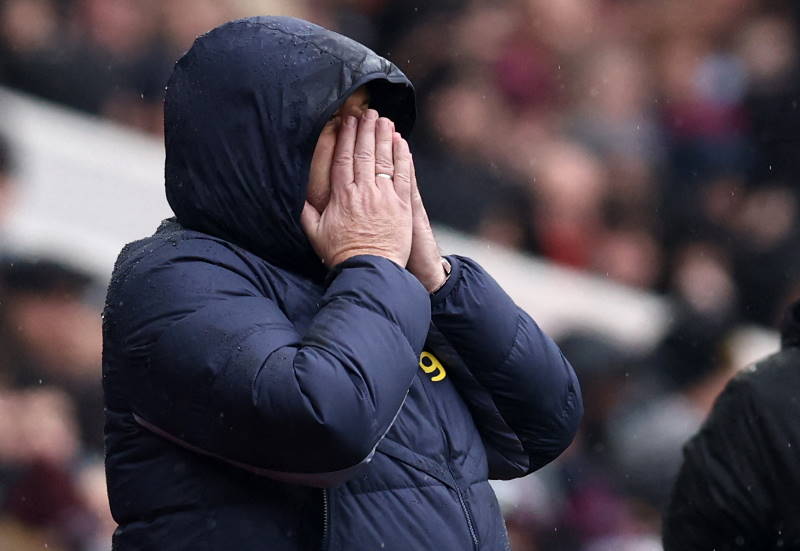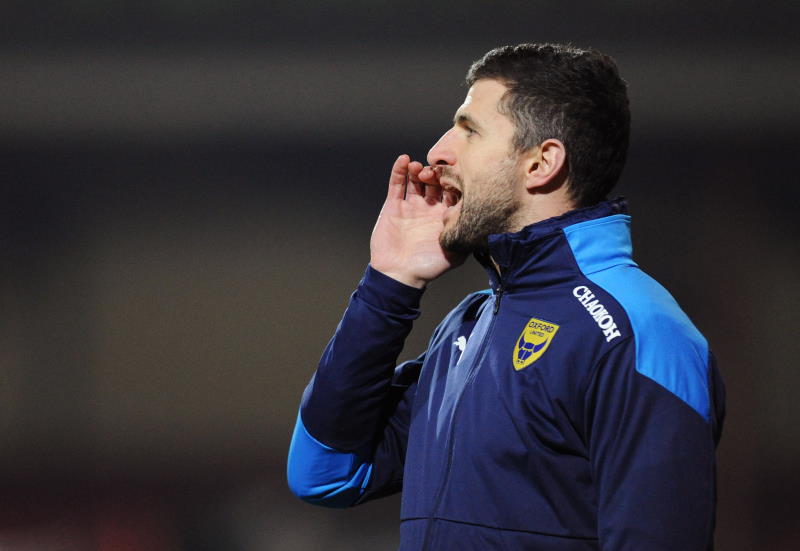
As some of Europe’s top national sides are beginning to prepare for the 2014 World Cup in Brazil, others who have been eliminated from contention are already turning their sights toward qualification for Euro 2016. But, it is not only those teams who no longer have dreams of going to Brazil that are looking ahead to the next European Championship. One team are especially awaiting the Euro 2016 qualifiers as it will represent their first official qualifying campaign.
After a membership process into UEFA that took over 15 years to finally be approved, Gibraltar are Europe’s newest association member. Stuck between a rock and a hard place for so long with regard to having their membership approved, bad puns aside, the tiny British overseas territory has finally joined UEFA, becoming its 54th member.

Spanish Opposition
While Spanish national teams were beginning to put the pieces of tiki-taka world domination together back at the turn of the millennium, the Spanish FA was busy trying to fight off Gibraltar’s bids to join the European football community. The Spanish FA, as early as Gibraltar’s first application for FIFA membership in 1997, was vehemently opposed to the idea of the territory becoming a member based on Spain’s historical territorial claims. Gibraltar is located at the southern tip of the Iberian Peninsula and shares a border with Spain, specifically with the province of Cadiz in southern Spain.
The territorial claims go back to 1713 and the Treaty of Utrecht where Gibraltar came under British control. That was not the end of the dispute however and the Spanish had tried through war in the remainder of the 1700s to regain the territory. The view hasn’t changed much from Spain since, except of course now the preferable means to reclaim Gibraltar are with peaceful methods.
Spanish opposition to Gibraltar’s FIFA membership hopes showed how strong Spain’s clout is within world football. FIFA forwarded Gibraltar’s request to their continental association as per their process for membership. Not only did Spain threaten to pull their own sides out of European competition if Gibraltar’s application was approved, but UEFA moved the goalposts after Gibraltar first applied. The European football governing body issued a ruling that restricted membership to sovereign states recognised by the United Nations. Since Gibraltar was not considered a sovereign state, but rather a British territory, their application was denied.
However, the Gibraltarian FA took their case to the Court of Arbitration for Sport (CAS). In separate rulings issued in 2007 and 2011, the CAS stated that UEFA was bound by its previous statutes in so far as Gibraltar was concerned, because the GFA had submitted an application before the rule change.

The Lowdown
After the decision by the CAS, there was little standing in the way of Gibraltar gaining acceptance into European football. No amount of political pressure would matter now and all the hurdles that stood in the way for 15 years had been seen out. They became a provisional member of UEFA in December 2006 and finally this past May at the UEFA Congress in London were voted in as a full member. In that time, there were votes against allowing Gibraltar in, however the second ruling from the CAS was the clincher and Spain’s resistance was no longer enough with Gibraltar granted full membership.
Football in Gibraltar actually has a long history with the GFA being one of the oldest in the world, formed in 1907. The national team have also been in formation since the early part of the 20th century and played friendlies against Spanish sides every so often, including matches against Sevilla and Real Madrid, the latter of which they managed a draw in back in 1949.
In recent times they have played in tournaments involving mostly non-FIFA members. They managed a third place finish at the 2006 FIFI World Cup, a competition for teams that don’t have FIFA membership. The national team did win the 2007 Islands Games and entered the 2008 Four Nations Cup where they finished bottom of their group, but faced decent competition against the likes of an English C team and a Scottish B team.
Gibraltar has now become Europe’s smallest member with respect to population, their total of 30,000 coming in just below San Marino and Liechtenstein. The team have traditionally played their matches at Victoria Stadium, Gibraltar’s 5,000 seat national stadium. There are plans afoot however for the construction of a new stadium called Europa Point Stadium, which is supposed to be a 10,000-seater arena.
The team are made up of mostly amateur and semi-pro players; however there are now a handful of professionals in the squad. These include goalkeeper Jamie Robba and defender Joseph Chipolina, both of whom ply their trade for Linense in the Spanish third division; Liam Walker, currently of fourth division Spanish side CD San Roque, played for Portsmouth last season. There are also players who have played at the Conference level in England.
There was big news in mid-September when veteran English defender Danny Higginbotham agreed in principle to represent Gibraltar. Higginbotham has made over 400 appearances in the top divisions in England including spells with Derby, Southampton, Stoke and Sunderland amongst others, while the experienced 34-year-old began his career with Manchester United. Higginbotham qualifies for Gibraltarian citizenship thanks to a Spanish mother with links to Gibraltar and is the nephew of current Gibraltar national team coach, Allen Bula. With only 600 registered players in the country, the team could use quality players even if they were not born in Gibraltar, but qualify to play through lineage.
The Future
Gibraltar will hope to be competitive once Euro 2016 qualifying begins next September. It will surely be a worthy reward for their sustained effort of trying to become a member of UEFA when they have the opportunity to take on the continent’s best sides come next year. One thing is for sure and that is there will be no grudge match with Spain. The countries will be kept apart in the qualifying draw in similar fashion to the pairs of Armenia-Azerbaijan and Russia-Georgia.
Already membership into UEFA is said to have had a positive impact. There will be an economic boost thanks to the construction of the new stadium as well as other football infrastructure that will need constructing or renovating. The FA will also receive financial aid and volunteers in the past will now be paid for their work; the influx of coaches will help raise the profile and standard of the game on ‘The Rock’ too. And the domestic game will receive a boost, with UEFA granting Gibraltar's league spots in Champions League and Europa League qualifying. The eight-team Gibraltar Premier Division could see standards and its reputation rise as a result.
It will be intriguing for the neutrals to see just how Gibraltar fare against the rest of the established European sides in the years to come, both at international and club level. Can they steal points off one of the big boys? Could they pick up victories against teams such as Kazakhstan or Liechtenstein? Will a team make the latter stages of Champions League qualifying? For football fans in Gibraltar however, the real victory, the major silverware raised up, might just be the opportunity they have been given to finally watch their national side compete as a UEFA member.
Like to bet on football? Pay Inside Bet a visit!













